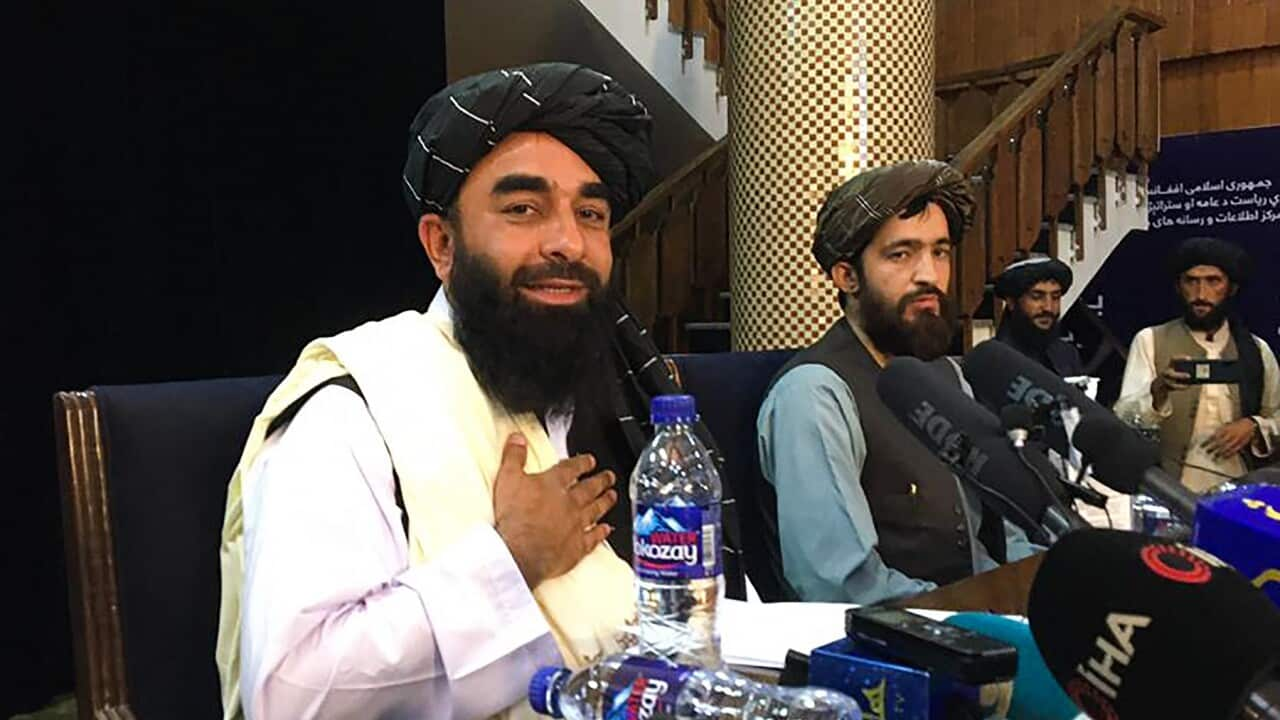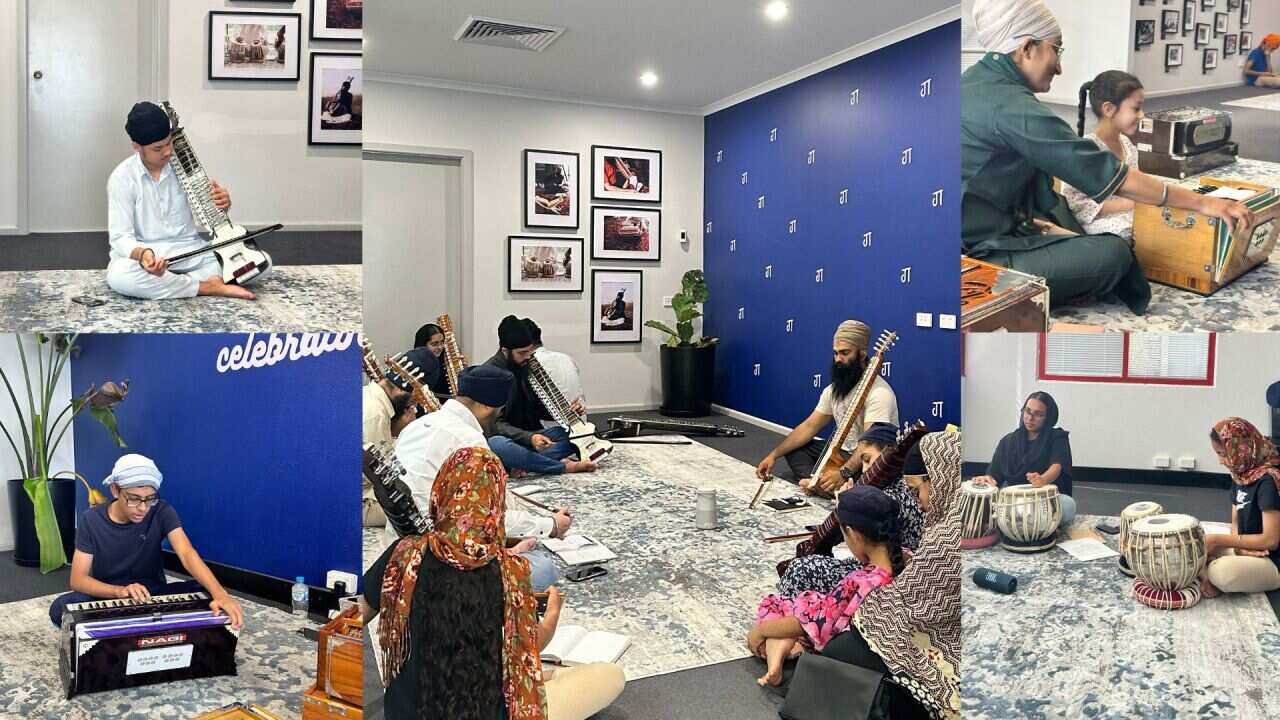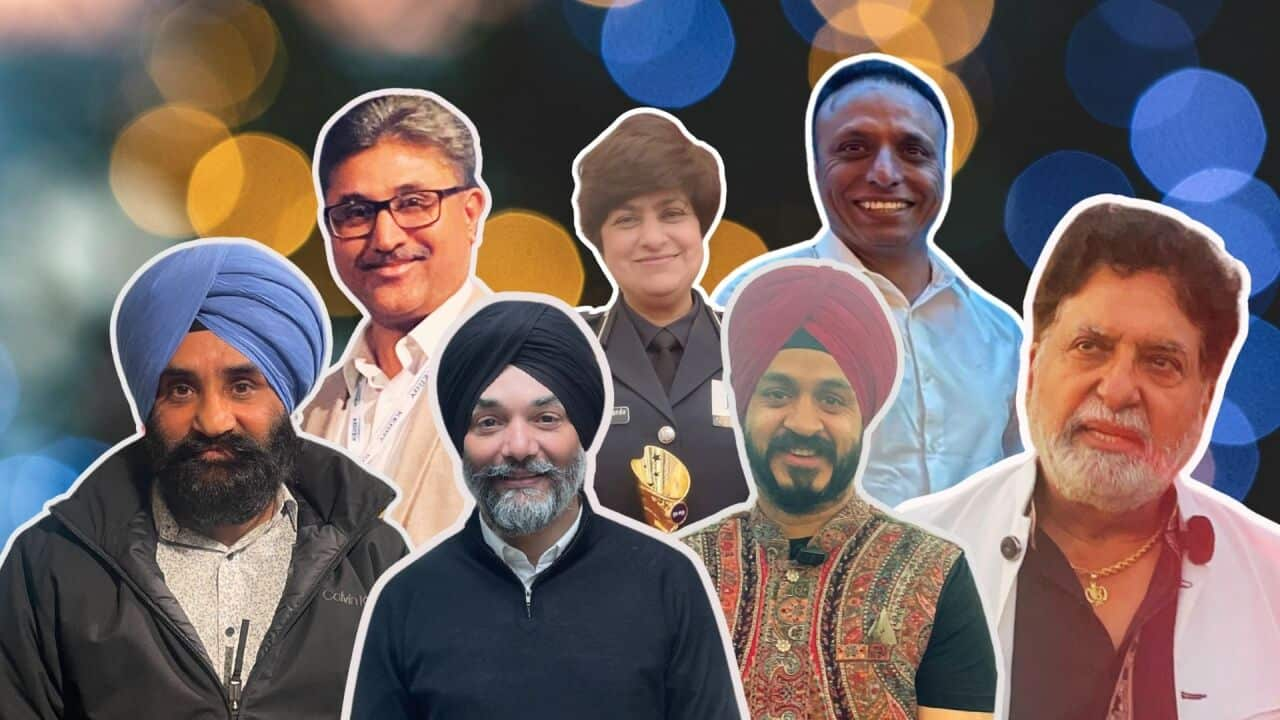The Taliban are a Pashtun-majority, Shia fundamentalist group formed in 1994 by former resistance fighters who battled the Soviet Union a decade earlier. They rose to power in Afghanistan in 1996 and imposed a brutal rule over the country until 2001, when US forces entered the country, following the September 11 attacks, and toppled their regime.
Now that they are in power once again, many are wondering if their vision for Afghanistan has changed.
Australian National University Emeritus Professor William Maley believes it has not.
"They're not state builders. They've never been people who are preoccupied with general policy concerns such as health, education, social security. They have an image of a pure state. And their image of a pure state is not a welfare state, it's a state in which people obey their dictates, which in turn are a product of their particular twisted version of Islam."
The Taliban have repeatedly claimed they have reformed many of their draconian policies of the late 1990s, particularly those concerning women.
But LaTrobe University international relations lecturer Niamatullah Ibrahimi, who has been watching their takeover unfold, says their conduct does not support that claim.
"Whether there is a Taliban number two in terms of their behaviour, their policies, recognising and respecting the rights of women, minorities, I think it remains to be seen, but we do not see any evidence of that coming yet. In areas we have seen they have imposed restrictions on women. In the city of Herat, there are reports that they have sent girls back from universities. In Kandahar, they have replaced female employees at a bank with males."
So who are their leaders?
The Taliban’s so-called ‘supreme leader’ has been Haibatullah Akhundzada since 2016. He has not been seen publicly in years; his predecessor was killed in a US drone strike.
The much more public face of the Taliban is Abdul Ghani Baradar, who was their chief negotiator with the United States in September 2020 in Doha. He arrived back in Kandahar after the fall of Kabul, and is now the de facto political leader of Afghanistan.
And now that they have cemented their grip on the country, some other forces in the region and beyond have welcomed them.
Click on the player at the top of the page to listen to the feature in Punjabi.
People in Australia must stay at least 1.5 meters away from others. Check your state’s restrictions on gathering limits.
If you are experiencing cold or flu symptoms, stay home and arrange a test by calling your doctor or contact the Coronavirus Health Information Hotline on 1800 020 080. News and information is available in 63 languages at sbs.com.au/coronavirus




